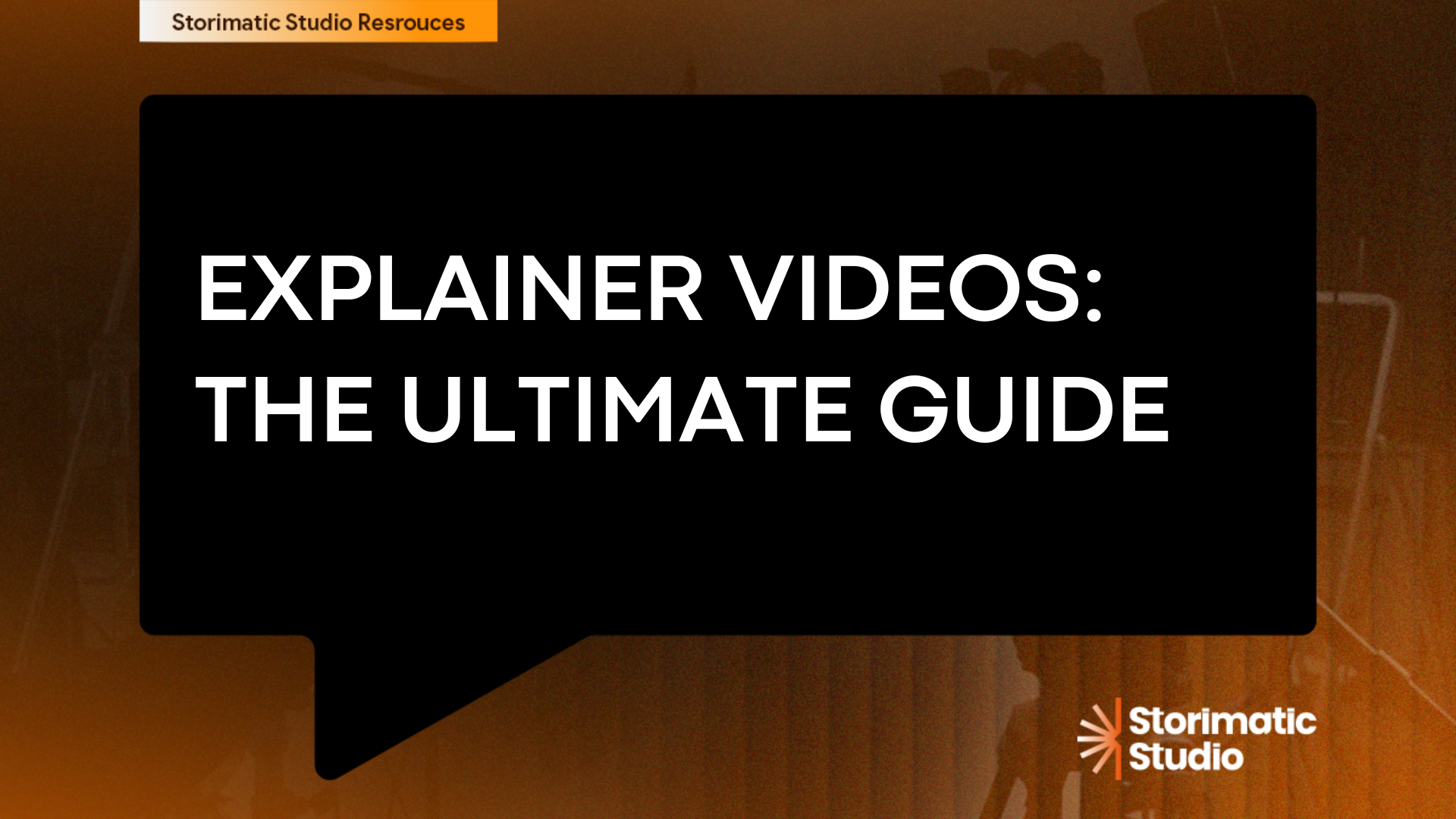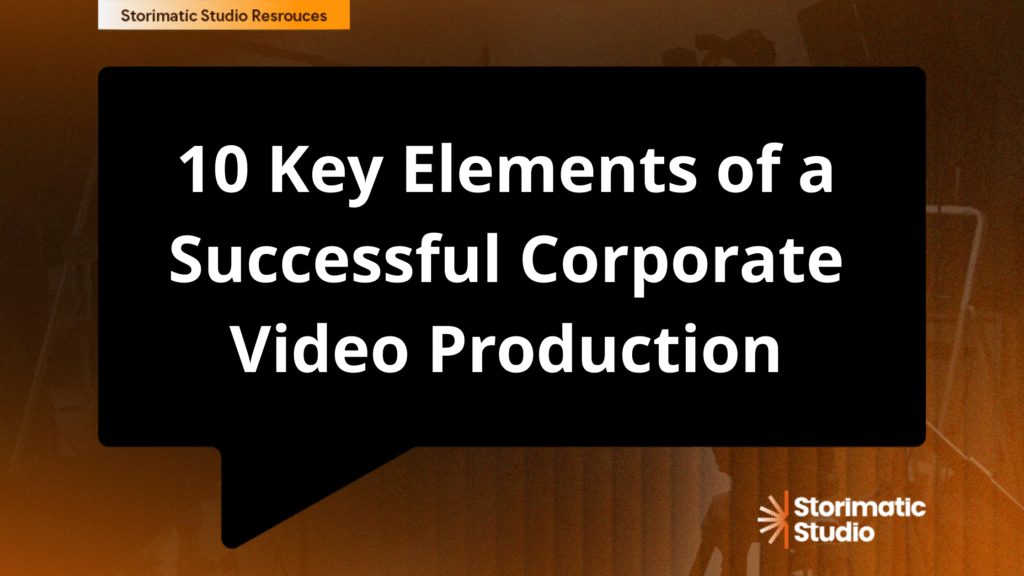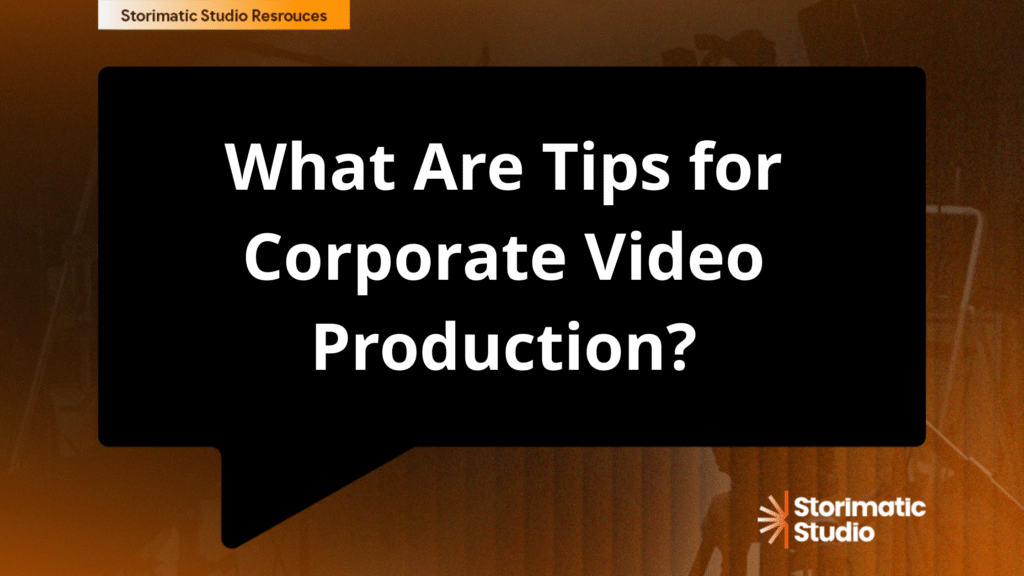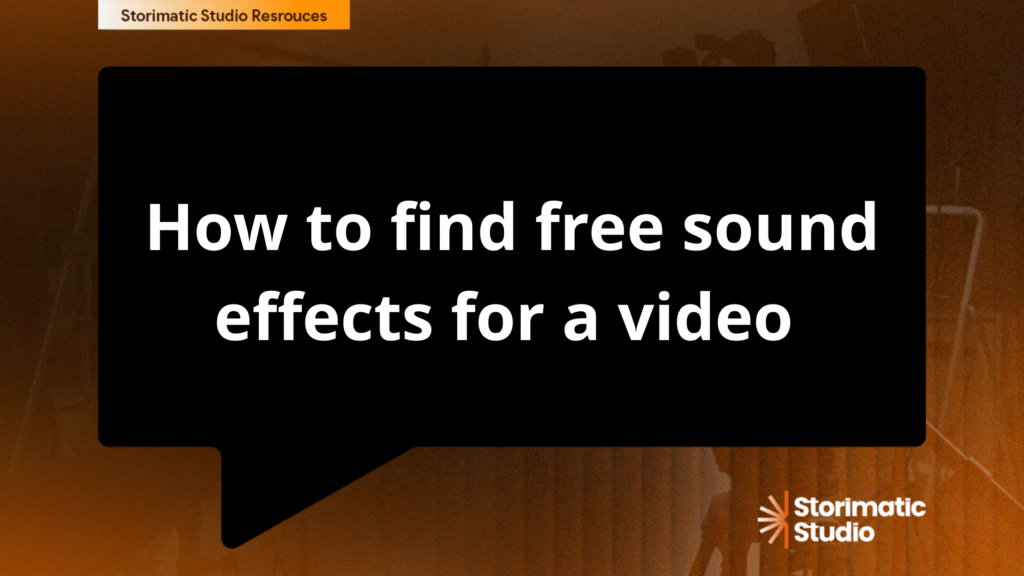In today’s fast-paced digital world, businesses constantly seek innovative ways to communicate complex ideas simply and effectively. Enter explainer videos – a powerful medium that transforms complicated concepts into engaging visual stories. With studies showing that viewers retain 95% of a message when watching a video compared to just 10% when reading text, explainer videos have become an essential tool in modern marketing and communication strategies.
What Are Explainer Videos?
Explainer videos are short, engaging videos typically lasting 60-90 seconds that explain a product, service, or concept in a clear and concise manner. These videos combine compelling visuals, straightforward narration, and often music to break down complex information into digestible chunks that viewers can easily understand and remember.
Types of Explainer Videos
- Animated Explainer Videos: These use animation to bring concepts to life, perfect for abstract ideas or services
- Whiteboard Explainer Videos: Features hand-drawn illustrations on a white background, creating an educational feel
- Live-Action Explainer Videos: Uses real people and settings to create authentic connections with viewers
- Motion Graphics: Combines text, shapes, and graphics with dynamic movement to explain processes
- Screencast Videos: Records on-screen activity, ideal for software demonstrations
Benefits of Using Explainer Videos
1. Increased Conversion Rates
Explainer videos can boost conversion rates by up to 20%. By clearly demonstrating value propositions and addressing pain points, they guide viewers toward taking action, whether that’s making a purchase, signing up for a service, or downloading an app.
2. Improved SEO Performance
Videos increase the time visitors spend on your website, signaling to search engines that your content is valuable. Pages with videos are 53 times more likely to rank on the first page of Google search results.
3. Enhanced Brand Awareness
A well-crafted explainer video communicates your brand personality, values, and unique selling propositions in a memorable way. This helps differentiate your brand from competitors and creates lasting impressions.
4. Simplified Complex Information
Through visual storytelling, explainer videos break down intricate concepts into easy-to-understand segments, making them accessible to broader audiences regardless of their technical knowledge.
5. Higher Engagement and Shareability
Videos generate 1200% more shares than text and images combined. Their engaging nature encourages viewers to share content across social media platforms, expanding your reach organically.
How to Create Effective Explainer Videos: A Step-by-Step Guide
Step 1: Define Your Objectives and Target Audience
Before creating your explainer video, clearly identify:
- What specific problem you’re solving
- Who your ideal viewer is
- What action you want them to take after watching
- Key messages you need to convey
Understanding your audience’s pain points, preferences, and language helps you create content that resonates deeply with them.
Step 2: Craft a Compelling Script
Your script is the foundation of an effective explainer video. Follow this structure:
- Hook (0-8 seconds): Grab attention with a relatable problem statement
- Problem (8-25 seconds): Elaborate on the pain points your audience faces
- Solution (25-50 seconds): Introduce your product/service as the answer
- Benefits (50-70 seconds): Highlight key features and advantages
- Call-to-Action (70-90 seconds): Direct viewers to take the next step
Keep language simple, conversational, and jargon-free. Aim for 150-160 words per minute of video.
Step 3: Design Your Storyboard
A storyboard visualizes your script scene by scene. Include:
- Visual descriptions for each scene
- Character movements and expressions
- Text overlays and graphics
- Transitions between scenes
- Timing for each segment
This blueprint ensures everyone involved understands the video’s flow and visual elements before production begins.
Step 4: Choose Your Video Style
Select a style that aligns with your brand identity and message:
- Animation: Versatile and cost-effective for explaining abstract concepts
- Live-action: Creates personal connections and builds trust
- Whiteboard: Educational and professional, perfect for B2B content
- Motion graphics: Modern and dynamic, ideal for tech products
- Mixed media: Combines multiple styles for unique storytelling
Step 5: Create or Source Visual Assets
Depending on your chosen style, you’ll need:
- Character designs and backgrounds
- Icons and illustrations
- Stock footage or original video content
- Brand colors and fonts
- Music and sound effects
Ensure all visual elements maintain consistency with your brand guidelines.
Step 6: Record Professional Voiceover
A clear, engaging voiceover brings your script to life. Consider:
- Hiring a professional voice actor
- Choosing a voice that matches your brand personality
- Recording in a professional studio for optimal audio quality
- Providing clear direction on tone, pace, and emphasis
Step 7: Animation and Video Production
During this phase:
- Bring storyboard scenes to life
- Synchronize visuals with voiceover
- Add motion and transitions
- Incorporate text overlays and graphics
- Ensure smooth flow between scenes
Step 8: Add Music and Sound Effects
Audio elements enhance emotional impact and engagement:
- Select background music that complements your message
- Add sound effects to emphasize key points
- Balance audio levels between voiceover, music, and effects
- Ensure audio doesn’t distract from the main message
Step 9: Review and Refine
Before finalizing:
- Test video with target audience members
- Gather feedback on clarity and engagement
- Check for technical issues
- Ensure branding consistency
- Verify all information is accurate
Step 10: Optimize for Different Platforms
Create variations for different channels:
- YouTube: Full-length version with custom thumbnail
- Social media: Shorter cuts with captions
- Website: Embedded version with proper SEO tags
- Email: GIF preview linking to full video
Best Practices for Explainer Videos
Keep It Concise
Attention spans are short. Aim for 60-90 seconds, focusing only on essential information that drives your message home.
Focus on Benefits, Not Features
Instead of listing product features, emphasize how your solution improves viewers’ lives or solves their problems.
Use Clear, Simple Language
Avoid industry jargon and complex terminology. Write as if explaining to a friend who’s unfamiliar with your field.
Include a Strong Call-to-Action
Tell viewers exactly what to do next – visit your website, start a free trial, or contact your team.
Maintain Brand Consistency
Use your brand colors, fonts, and tone throughout the video to reinforce brand recognition.
Optimize for Mobile Viewing
With over 50% of video views occurring on mobile devices, ensure your video is clearly visible and audible on smaller screens.
Measuring Explainer Video Success
Track these key metrics to evaluate performance:
- View Count: Total number of times your video has been watched
- Watch Time: Average percentage of video viewed
- Engagement Rate: Likes, comments, and shares
- Click-Through Rate: Percentage of viewers who click your CTA
- Conversion Rate: Viewers who complete desired actions
- Return on Investment: Revenue generated versus production costs
Common Mistakes to Avoid
- Making Videos Too Long: Respect viewers’ time by keeping content concise
- Overloading with Information: Focus on one core message
- Poor Audio Quality: Invest in professional voiceover and sound design
- Weak or Missing CTA: Always include clear next steps
- Ignoring Mobile Users: Ensure videos are mobile-friendly
- Neglecting SEO: Optimize titles, descriptions, and tags
Future Trends in Explainer Videos
As technology advances, explainer videos continue to evolve:
- Interactive Videos: Allowing viewers to choose their path
- Personalized Content: Tailored videos based on viewer data
- AR/VR Integration: Immersive experiences for complex products
- AI-Generated Videos: Automated creation for scalability
- Micro-Videos: Ultra-short content for social media platforms
Conclusion
Explainer videos have revolutionized how businesses communicate with their audiences, offering an engaging and effective way to convey complex information simply. By following this comprehensive guide, you can create compelling explainer videos that not only educate and inform but also drive meaningful business results.
Whether you’re launching a new product, explaining a service, or simply trying to connect with your audience more effectively, explainer videos provide the perfect medium for clear, impactful communication. The key to success lies in understanding your audience, crafting a focused message, and executing with professional quality.
For businesses looking to harness the full potential of explainer videos, partnering with experienced professionals can make all the difference. Storimatic Studio specializes in creating high-quality explainer videos that combine creative storytelling with strategic messaging. Their team of skilled animators, scriptwriters, and producers work collaboratively to transform your ideas into compelling visual narratives that resonate with your target audience and drive real business results. Whether you need animated explainer videos, motion graphics, or live-action content, Storimatic Studio has the expertise to bring your vision to life and help your business stand out in today’s competitive digital landscape.




